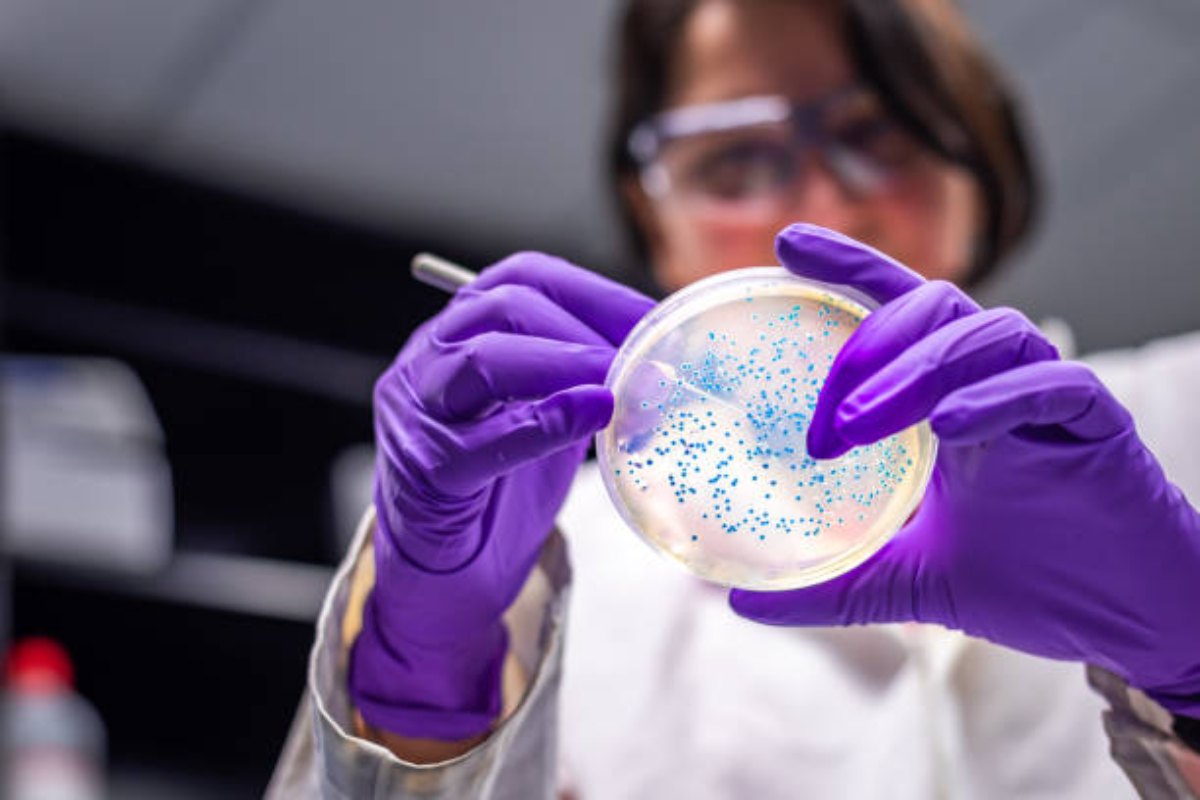The researchers at Indian Institute of Technology (IIT), Mandi have identified microbial pairs that can effectively convert cellulose, a major component present in agriculture residue and paper waste, into useful chemicals, bio-fuels, and carbon suitable for several industrial applications.
The plant dry matter, also known as lignocellulose, is one of the most abundant renewable materials on earth. Lignocellulosic waste from agriculture, forests, and industries can be converted into valuable chemicals such as bioethanol, biodiesel, lactic acid, and fatty acids using a process called bioprocessing.
Advertisement
Explaining the details of the work, Dr Shyam Kumar Masakapalli, IIT Mandi, said: “We analysed multiple microbes to create SynCONS that could convert cellulose to ethanol and lactate. We developed two SynCONS – a fungal-bacterial pair and a thermophilic bacterial-bacterial pair – both of which exhibited effective cellulose degradation with total yields of 9 percent and 23 percent, respectively. After pyrolysis of the remnant biomass, we obtained a carbon material with desirable physicochemical properties.”
The researchers obtained even higher ethanol yields (33per cent ) with the thermophilic SynCONS by including another engineered fermentative partner. The co-use of cellulose-acting enzymes (cellulases) for saccharification resulted in a 51 per cent yield of ethanol.
Dr Swati Sharma, IIT Mandi, added, “The microbial consortia designed can be adopted for bioprocessing of cellulose to valuables such as industrial enzymes like cellulase, ethanol, and lactate. Once scaled up, this process can sustainably generate bioethanol and other green chemicals in bioreactors. The carbon obtained after pyrolysis can be used in a range of applications such as water filtration and electrodes.”
The method has been patented, and further scale-up of the bioprocess is ongoing, she added.
The details of this research have been published in the journal Bioresource Technology Reports, in a paper co-authored by Dr Shyam Kumar Masakapalli, Associate Professor, School of Biosciences and Bioengineering, Dr Swati Sharma, Assistant Professor School of Engineering and their research scholars Chandrakant Joshi, Mahesh Kumar, Jyotika Thakur from IIT Mandi, Martyn Bennett and David J. Leak from University of Bath, Bath, United Kingdom, and Neil MacKinnon from KIT, Germany.









